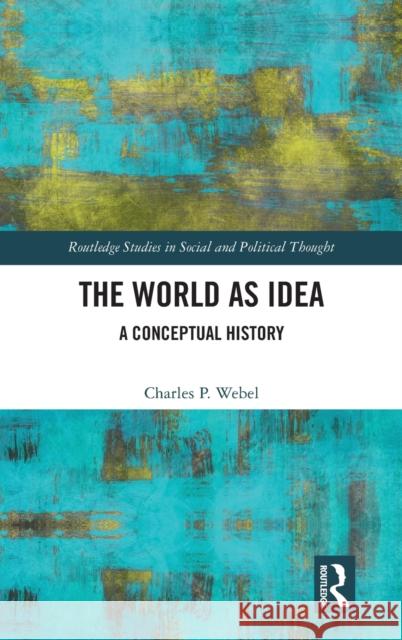The World as Idea: A Conceptual History » książka
The World as Idea: A Conceptual History
ISBN-13: 9781138013520 / Angielski / Twarda / 2021 / 344 str.
The World as Idea: A Conceptual History
ISBN-13: 9781138013520 / Angielski / Twarda / 2021 / 344 str.
(netto: 715,64 VAT: 5%)
Najniższa cena z 30 dni: 680,04
ok. 16-18 dni roboczych.
Darmowa dostawa!
One of the most influential ideas of 20th-century Occidental culture is rationalization. Max Weber conceived of rationalization as a universal historical process through which societies and persons must pass in order to become more rational and efficient, while Sigmund Freud viewed rationalization as the individual's unconscious inventing of a reason for an attitude or action for which the person's real motive is not acknowledged. Today, we live in a world where rationalization with an Occidental face has gone global. But to what extent is the globalization of Western rationality beneficial? Are there viable alternatives to political and personal rationalization for those cultures and individuals unable or unwilling to become more "rational?" The Rationalization of the World? addresses these questions by closely examining influential contemporary theories of reason, rationality, and rationalization, as well as their opposites and alternatives. Charles Webel explains the intellectual and political contexts in which rationality and rationalization have assumed their importance for Western culture in particular, and, increasingly, for the world as a whole. Additionally, the book assesses the strengths and weaknesses of recent postmodernist and neuroscientific challenges to entrenched notions of reason and rationality. Finally, Webel argues that Occidental rationality and rationalization should be reformulated and revised, and that reason needs to be re-imagined rather than abandoned. Webel's book asserts that 21st-century globalization with an Occidental face has exacerbated the external and internal liabilities of the rationalization processes described by Weber, Freud, and others, and proposes a way to address these challenges, making it of interest to scholars of political and social theory/philosophy, intellectual history, and the history of ideas and philosophy.











